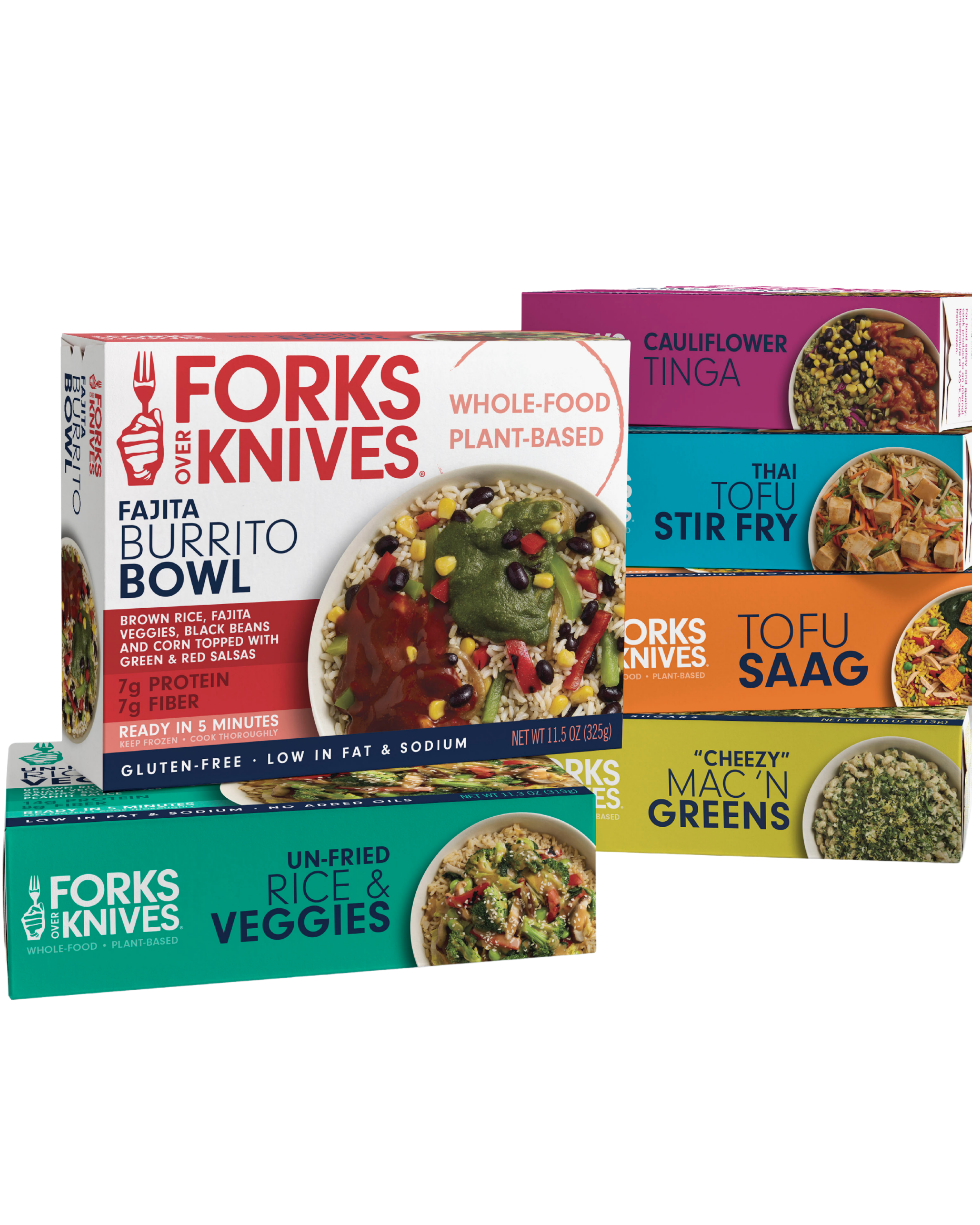For years now, the Paleo diet has been heralded by its believers as the optimal diet for gut health. This was based on speculation, as there wasn’t a study to support or refute this claim—until now. A new study suggests that strict adherence to this dietary pattern may do more harm than good to the gut.
The Australian study, published in July in the European Journal of Nutrition, used a cross-sectional format to compare 44 subjects on a long-term Paleo diet with 47 controls following a diet typical of national recommendations in Australia. The Paleo dieters were separated into two groups, “strict Paleo” versus “pseudo-Paleo,” based upon how closely they followed the tenets of a Paleolithic diet—no processed foods, legumes, grains, or dairy products.
The findings? When the researchers analyzed participants’ gut microbiota they found that the two Paleo groups were similar to each other but significantly different from the control group. Drilling down further, they identified three specific types of bacteria that varied between the groups: Bifidobacteria, Roseburia, and Hungatella.
Healthy Gut Bacteria: Bifidobacteria and Roseburia
Both Bifidobacteria and Roseburia are considered part of healthy gut microbiota.
They help metabolize complex carbohydrates such as fiber and resistant starch to produce short-chain fatty acids that play an important role in the health of the gut and the entire body. They maintain intestinal barrier integrity to prevent leaky gut, suppress pathogenic microbes while promoting anti-inflammatory ones, stimulate the release of hormones, regulate the immune system, control the metabolism, and even impact mood.
Bifidobacteria
Prior studies have found that Bifidobacteria protect against irritable bowel syndrome and obesity. In this study, Bifidobacteria were significantly more abundant in the control group and virtually nonexistent in the Paleo groups. Bad news for the Paleo gut.
Roseburia
Roseburia has been shown to protect against inflammatory bowel diseases, such as Crohn’s disease and ulcerative colitis. Once again, the non-Paleo control group had significantly more Roseburia in their microbiota. It’s worth noting that there was a trend toward even lower levels in the strict Paleo group compared with the pseudo-Paleo group, suggesting that adherence to the Paleo diet was further depleting the levels of this protective, anti-inflammatory bacteria.
Bad Gut Bacteria: Hungatella
And finally, there’s the undesirable: Hungatella. These bacteria are known to produce the precursor molecule for trimethylamine-N-oxide, or TMAO. Recent studies have shown us that TMAO is bad news. When certain gut microbes (such as Hungatella) metabolize carnitine or choline—commonly found in red meat, egg yolk, and high-fat dairy—they produce the precursor TMA in the gut, which is transformed into TMAO in the liver. It then goes on to wreak havoc throughout the body. TMAO positively correlates with coronary artery disease, stroke, kidney disease, type 2 diabetes, and Alzheimer’s disease, among others. Increased TMAO is an independent risk factor for cardiovascular death and death from any cause.
In this study, the Paleo groups had significantly higher counts of Hungatella microbes compared with the control group.
The Relationship Between Whole Grains, Hungatella, and TMAO
But does the extra Hungatella in the Paleo groups translate into higher TMAO levels? Unfortunately, the answer is yes. The TMAO levels of the control group, pseudo-Paleo, and strict Paleo groups were 3.9, 5.5, and 9.5, respectively. Once again, we see a trend in which adherence to the Paleo diet yields worse results.
Now here’s where it gets interesting. It turns out that all three groups consumed similar quantities of meat. So why were TMAO levels in the control group dramatically lower than those in the Paleo and pseudo-Paleo groups?
Further analysis revealed that both serum TMAO concentrations and Hungatella abundance were inversely associated with whole grain consumption. This suggests that the whole grains in the control diet were suppressing the Hungatella and interfering with the production of TMA. This might also explain why the pseudo-Paleo group, which consumed more grains than the strict Paleo group, had a lower TMAO level. Grain consumption was also significantly and directly associated with higher levels of beneficial Roseburia and Bifidobacteria.
Is the Paleo Diet Good or Bad for Gut Health?
Bottom line: The Paleo diet has some good features, particularly the elimination of processed foods and dairy, but the elimination of whole grains and legumes was always based on theory and not science. Now we have research on the Paleo diet showing us that strict adherence to the diet comes with serious consequences for the gut, it’s time to reward our gut microbes with fruits, vegetables, whole grains, legumes, seeds and nuts in abundance and with maximum diversity.
TL;DR: In a study examining long-term adherence to the Paleo diet in healthy Australians, the Paleo diet was associated with unhealthy changes to the gut microbiota that included lower counts of protective species, such as Bifidobacteria and Roseburia, and higher counts of inflammatory species, such as Hungatella. This shift in the microbiome was more pronounced with strict adherence to the Paleo diet and associated with increased production of TMAO, an independent risk factor for death from heart disease and other causes. The elimination of whole grains from the Paleo diet was the principal factor contributing to these changes in the study.
Ready to get started? Check out our Plant-Based Primer to learn more about adopting a whole-food, plant-based diet.

Related News
New Frozen Meals!

Introducing our new frozen meals: Doctor-recommended, chef-crafted, & ready in minutes.


